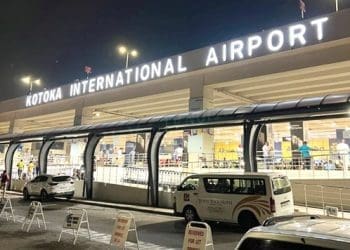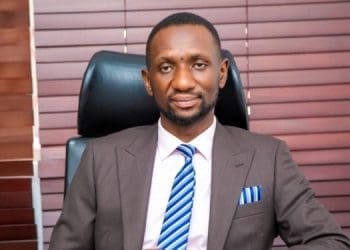The government has earmarked GH¢110 million for the implementation of the 24-hour economy programme, a key initiative aimed at boosting productivity, creating jobs, and driving economic growth across various sectors.
According to the Minister of Finance, Dr Cassiel Ato Forson, the funds will support the initial rollout phase of the policy, which seeks to encourage businesses and public institutions to operate in shifts around the clock.
Presenting the 2026 budget statement and economic policy of the government, he said “Mr Speaker, to unlock round-the-clock productivity, exports, and decent jobs under the 24-Hour Economy, we are providing an allocation of GH¢110 million in 2026 for the implementation of the 24-hour economy programme. This will
be leveraged with GIIF/DBG and private capital to keep financing largely off the sovereign balance sheet.”
The allocation forms part of broader efforts to accelerate economic recovery, create sustainable employment, and strengthen Ghana’s industrial base.
The initiative is expected to enhance service delivery, reduce unemployment, and maximise the use of national infrastructure.
The 24-hour economy programme is one of the government’s flagship strategies to stimulate economic activity beyond regular working hours.
It is designed to attract private sector participation and investment in areas such as manufacturing, health, transportation, and security.
Government officials have expressed optimism that the initiative will significantly transform the labour market and improve living standards.
They added that necessary policy frameworks, including energy support and security measures, are being developed to ensure the programme’s success.
Earlier, Augustus Obuadum Tanoh, Presidential Advisor for the 24-hour economy Secretariat said the government projected to mobilise four billion US dollars in the next four years towards the full-scale implementation of the programme from development financial partners and institutions across the globe.
He said the programme had three key pillars, including the Production Transformation, Supply Chain and Market Efficiency and Human Capital Development.
He explained that the three thematic pillars of the programme are supported by eight sub-programmes, including Grow 24, Make 24, Connect 24, Show Ghana, Go Ghana, Digital Technology, and Aspire 24.














